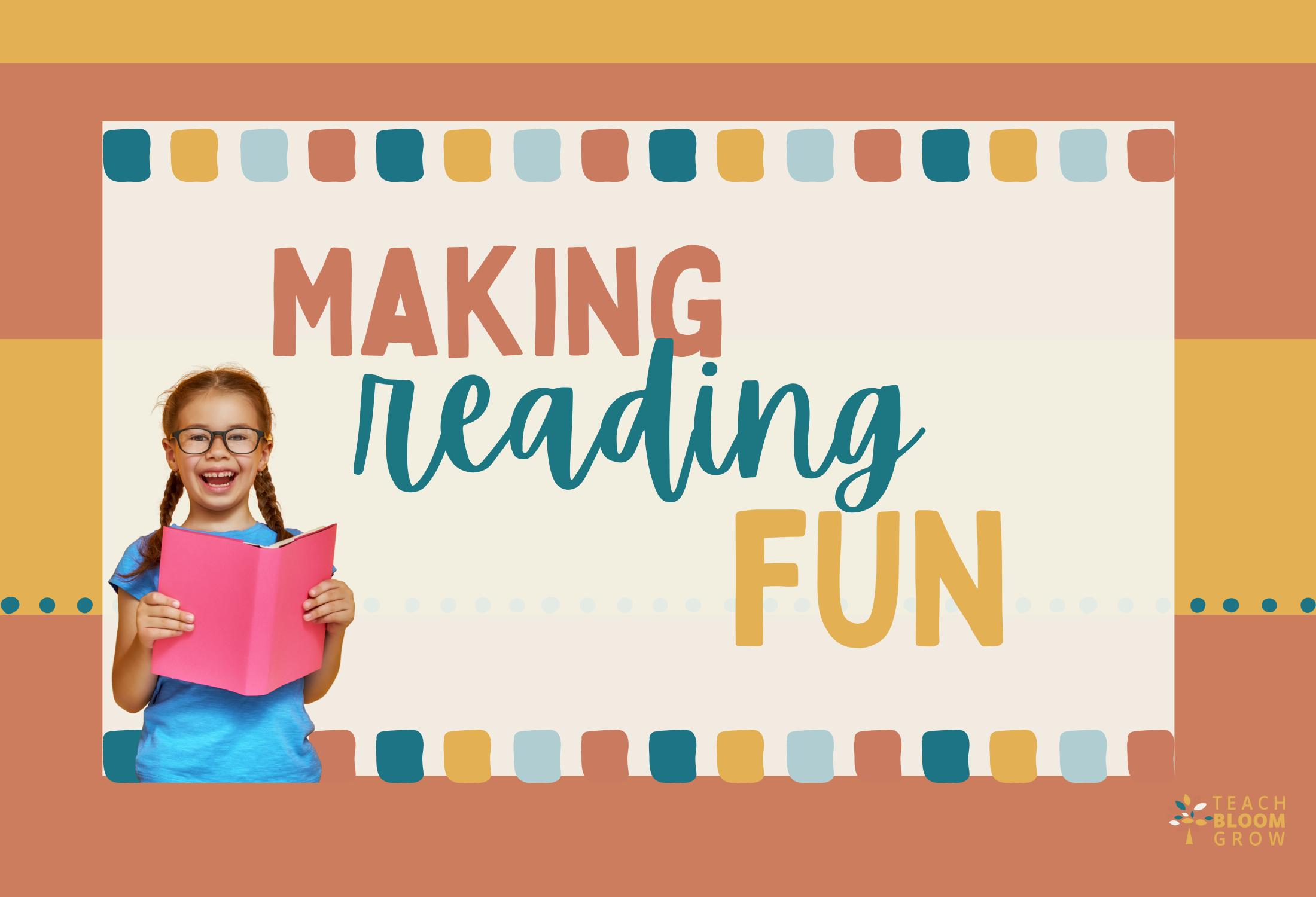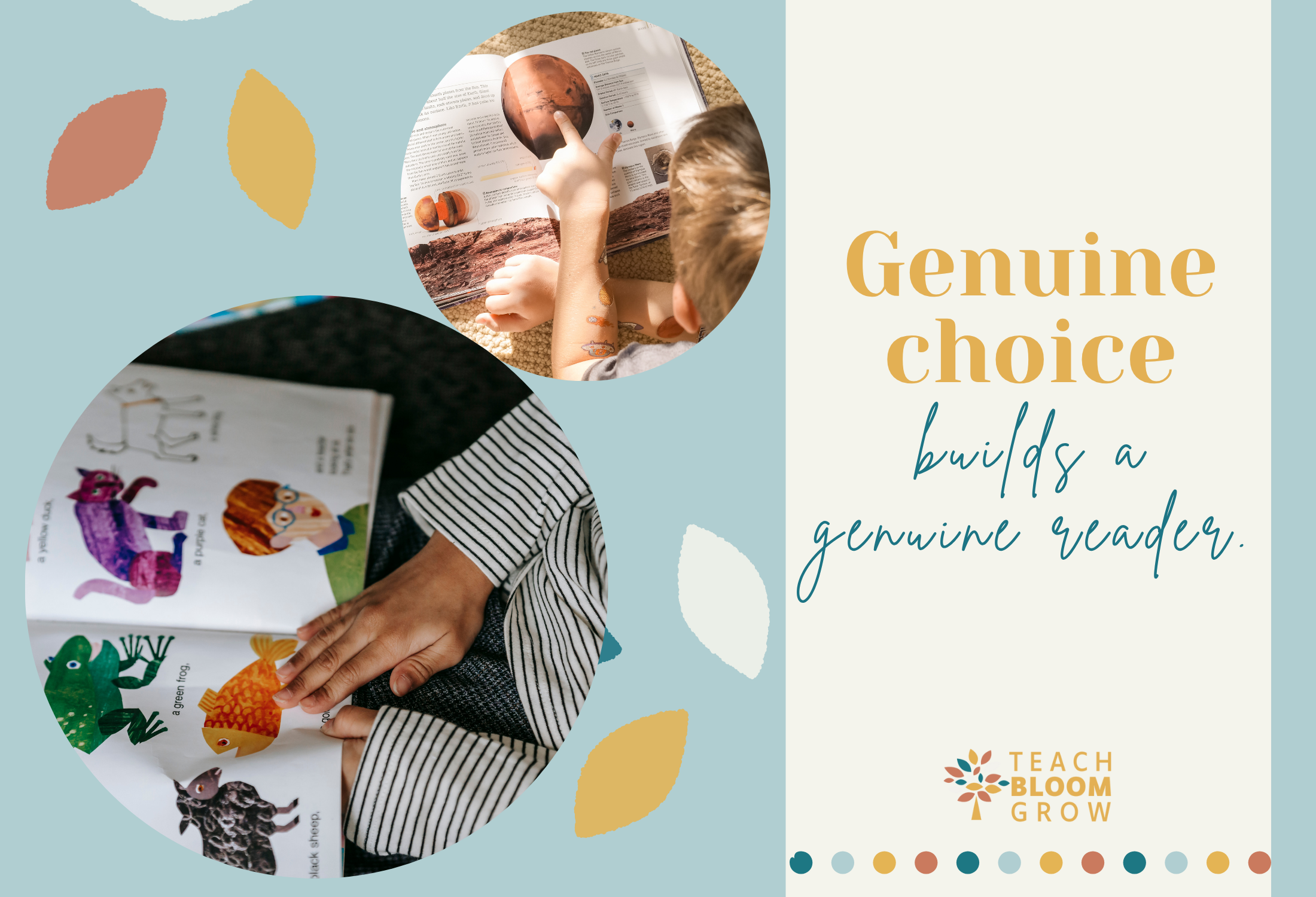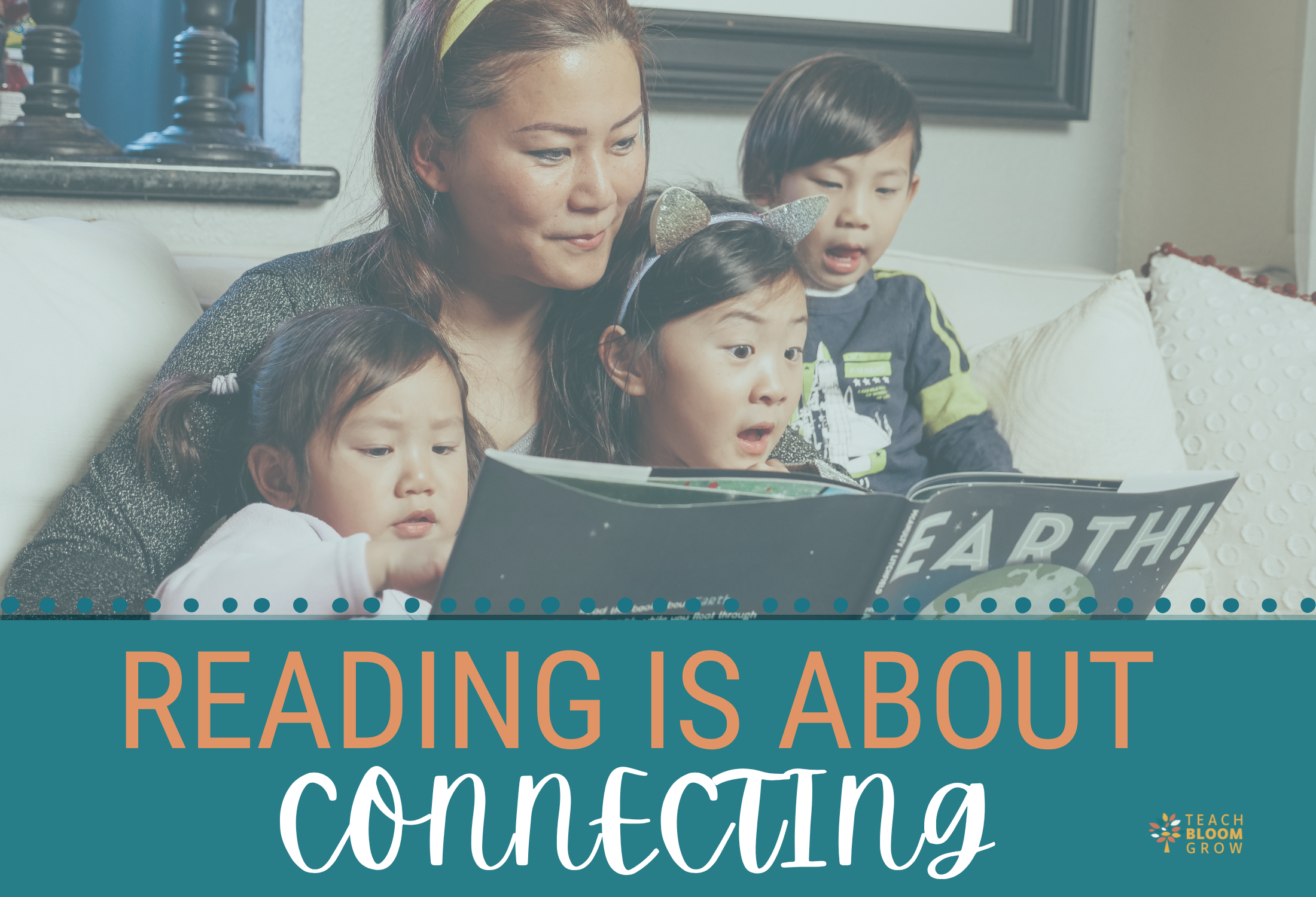Making Reading Fun: Encouraging Reading for Every Learner
Encouraging reading in children without applying too much pressure is always a fine line. We want to foster a love of reading, but when it becomes forceful, it often makes children more resistant. This is why I strongly believe it is important to shift our mindset from forcing reading to encouraging reading. Creating positive reading experiences starts with flexibility, curiosity, and also understanding that reading looks different for every learner.
This is especially true for neurodivergent kids. For them, traditional reading strategies often miss the mark. But when we try to reframe reading as something personal, and playful, it becomes much more accessible and enjoyable. In this post I’m sharing all my tips for encouraging reading with specific focus on supporting neurodivergent learners.
Looking for more about reading strategies? Or avoiding the summer slide? I have a couple recent posts about this, you should be sure to check them out!
Importance of Choice in Reading
One of the most effective ways to encourage reading is to offer genuine choice. That means letting go of rigid expectations around reading levels and instead focusing on what genuinely excites your child. Whether it’s comics, joke books, magazines, audiobooks, or graphic novels about their favorite video game. Especially during the summer months, it’s crucial to focus on reading for fun! When kids are allowed to follow their passions, reading becomes something they look forward to, not something they try to avoid.
Finding books that resonate with your reader makes a world of difference. If you have a teen or young adult, I encourage you to check out my new book: A Latte Dates. This book is a short, neurodivergent-led novel that’s both insightful and heartwarming. It’s available for free, and it's a great example of storytelling that reflects lived experiences.
Encouraging Reading in Everyday Life
Reading doesn’t just happen inside books. It happens in daily life, too. One of the best ways to encourage reading is to get your child to read all sorts of things. Encourage your child to read the instructions for a new game, follow a recipe, read road signs, or a menu. These real world interactions help reinforce literacy in ways that feel natural and relevant. The more opportunities your child has to engage with text in a purposeful way, the more confident they’ll become as readers.
Encouraging Reading in Neurodivergent Learners
We know that many neurodivergent learners can get hyperfocused on a specific topic. So use this to your advantage, and tap into what already lights them up! If your child is passionate about dinosaurs, space, anime, baking, whatever it is, use it. Support deep dives into their interests with books, websites, magazines, and articles that align with their curiosities. This passion-led approach can help build reading stamina and keep motivation high, especially whe traditional materials arent engaging.
In addition, think about how your child experiences reading. Sensory needs matter. If bright lights or noisy environments are overwhelming, consider creating a cozy reading nook with soft lighting, a comfy chair, and noise-canceling headphones. You might also experiment with digital books that offer customizable fonts or built-in text-to-speech features. When a child feels physically safe and comfortable, they’re much more likely to focus, relax and enjoy their reading time.
A Book That Reflects the Neurodivergent Experience
If you’re searching for a story that offers more than just a neurodivergent character, but one that dives into the lived experience, I’d love for you to check out A Latte Dates. This is a short novel about Hattie, a neurodivergent teacher navigating the world of online dating. This book is especially powerful because you get to experience all aspects of Hattie’s life and how she manages new experiences and changes to her routine. One of my favorite parts of the novel is a subplot where Hattie works with a student who has just received an autism diagnosis. I love this subplot because it adds such meaningful insight, particularly for children who may be going through a similar journey. The conversations between Hattie and her student are honest, supportive, and full of validation. It’s a powerful and relatable story that encourages reading by offering meaningful representation and connection for readers who may not often see themselves reflected in books.
What makes A Latte Dates special is how it reflects the everyday experiences of someone with autism without turning Hattie’s diagnosis into a label or stereotype. Instead, readers get to walk beside her as she manages routines, social discomfort, moments of vulnerability, and the joy of being seen for who she is. It's a thoughtful and inclusive read that encourages empathy and understanding. It is also a great way of encouraging reading in teens and adults alike. The best part is you can download it for free here.
Reading Is About Connection
At the end of the day, encouraging reading isn’t about checking boxes. It’s about creating connections between the reader, their interests and stories that resonate with them. For neurodivergent learners especially, small, intentional steps like offering choice, creating safe spaces, and validating their experiences can really go a long way. If you’d like to grab your own free copy of A Latte Dates, you can do that right here. If you have tips or favorite strategies for encouraging reading at home or in your classroom, I’d love to hear them. Drop a comment or send me a message!



